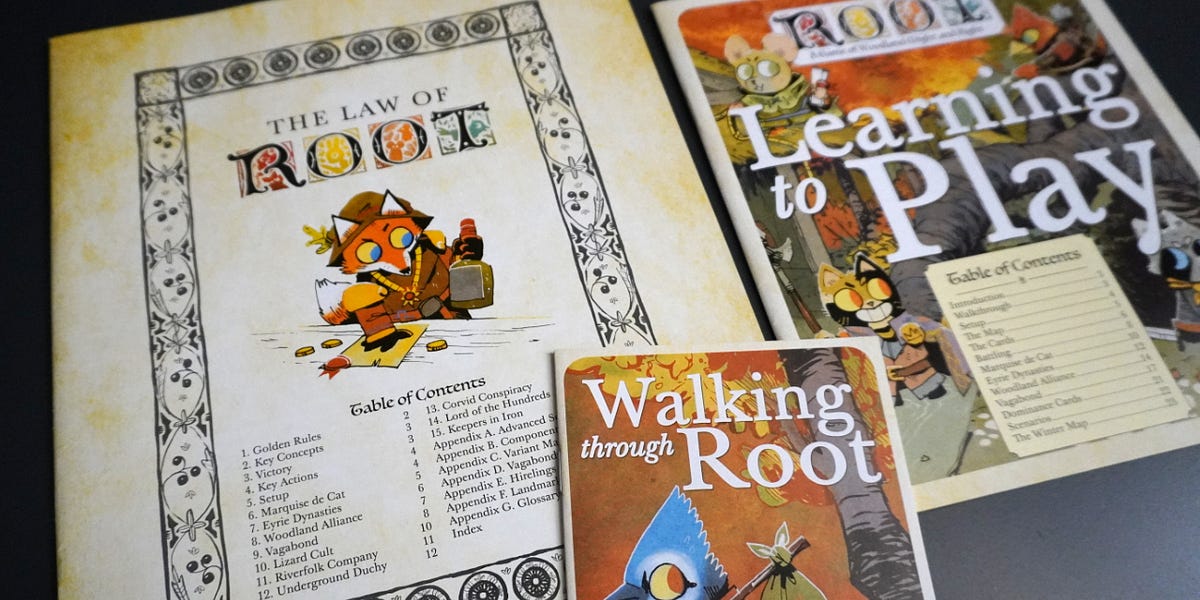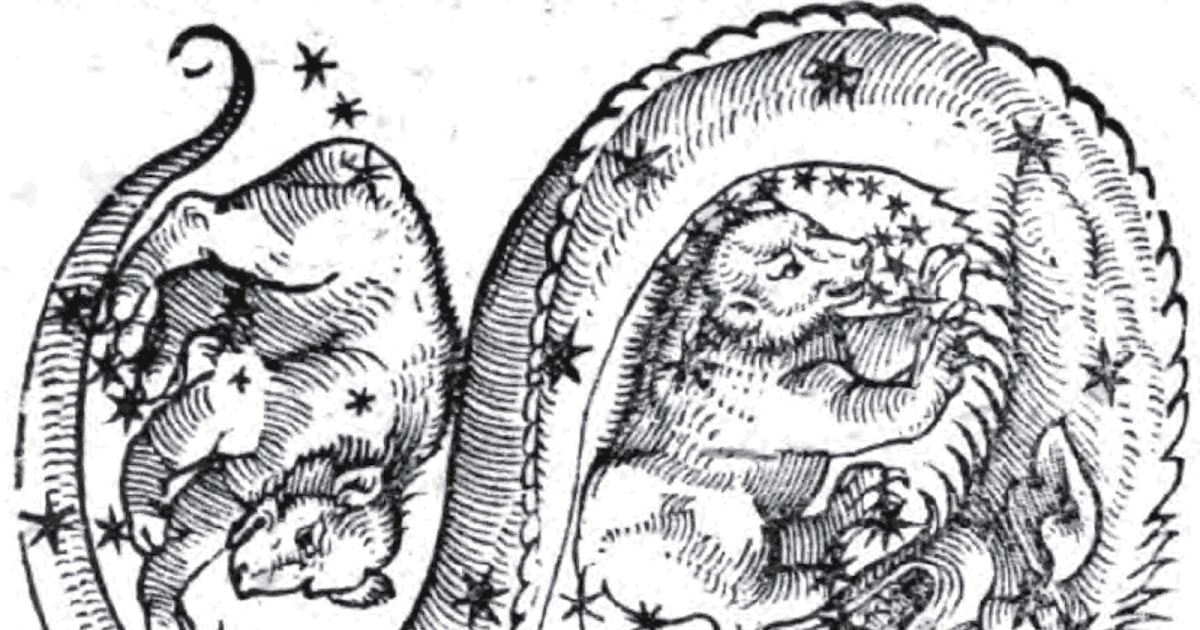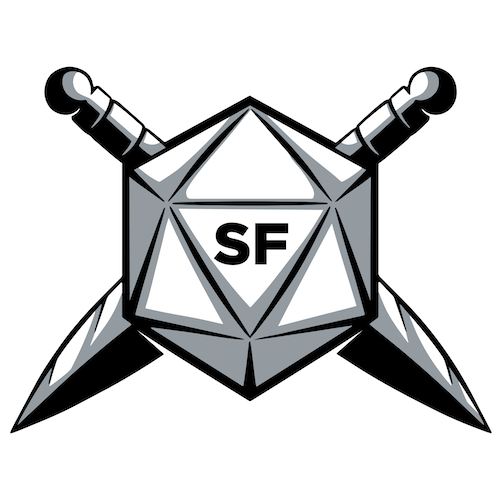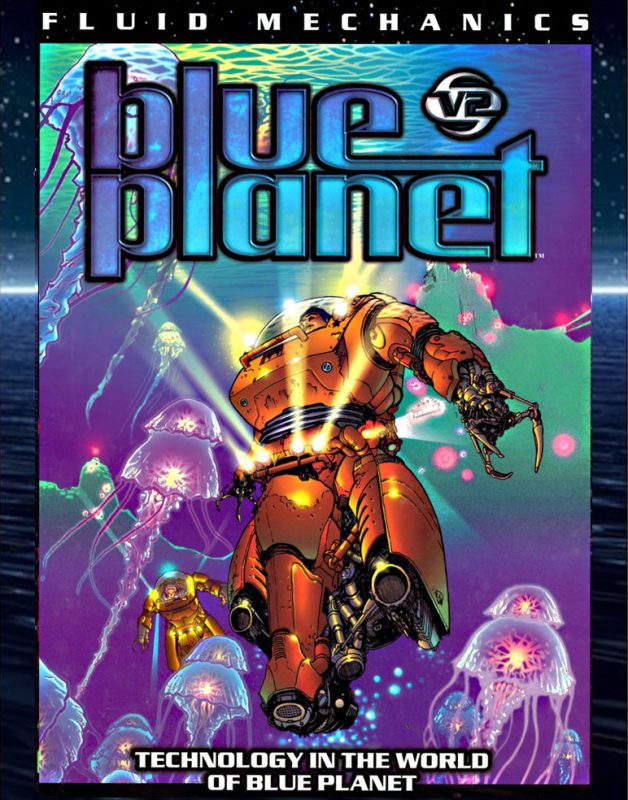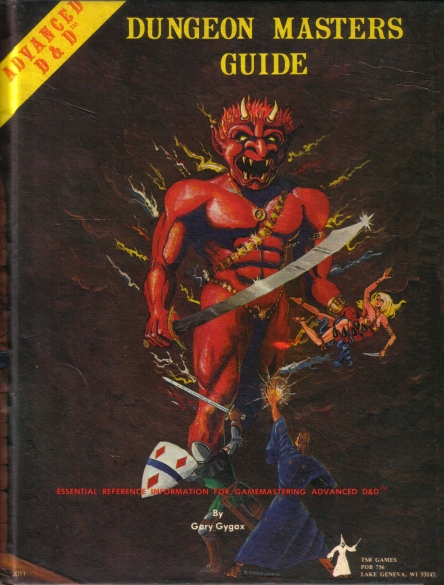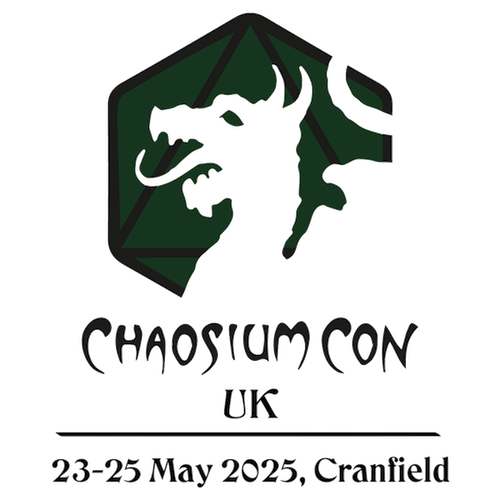SMOOSH JUICE
Letting Someone Else Do Our Imagining

One of the most curious contradictions at the heart of our shared hobby is the tension between creativity and consumption, a topic I’ve wrestled with many times over the course of this blog’s history. From its very inception, the RPG hobby has encouraged its participants to be creators – of rules, settings, monsters, adventures, and more. Indeed, the earliest editions of Dungeons & Dragons often go out of their way to emphasize this. In OD&D, for example, Gygax and Arneson famously invited referees to take what’s offered and build upon it, adapt it, and, where necessary, discard it. “Decide how you would like it to be,” they write, “and then make it just that way!”
This sentiment, perhaps more than any other, is the heart of what we now call “old school” gaming. The referee is not just a consumer or a facilitator of rules, but a world-builder. The rules are scaffolding, not scripture. The game is yours: take what you want and leave the rest, as a wise old man once said.
And yet, not long after those exhortations to freewheeling invention, TSR and other publishers began selling roleplayers pre-made rulesets, adventures, and settings. The Keep on the Borderlands, Tegel Manor, Apple Lane, Buffalo Castle, and more, each is a vision conjured by someone else, lovingly detailed and made ready for us to explore. These modules are often excellent and many of them loom large in our collective memory. They are, paradoxically, personal experiences so many of us share in common, as I discussed here not that long ago. So many of us have cut our teeth on the same classic adventures or flipped through the same dog-eared setting material. There’s thus a strong communal identity wrapped up in those shared artifacts. They’re what unite us across decades and continents. Ask an old school gamer about Bargle or Strahd or Acererak and you’re likely to get a grin of recognition and quite possibly a story or two.
This is the foundation of a shared culture – a canon, if you like, not of texts but of experiences. That canon was shaped not just by our own tables, but also by the creative work of others. TSR, Judges Guild, Chaosium, Flying Buffalo, FGU, each added to this rich stew with their own distinctive flavors. Griffin Mountain, City State of the Invincible Overlord, Death Test, Chivalry & Sorcery Sourcebook were all, in their own unique ways, invitations to play in someone else’s dream.
There lies a conundrum. For a hobby so rooted in individual creativity, if you look at its history, you’ll also notice a surprising dependence on the creations of others. We lionize the do-it-yourself ethos even as we buy a megadungeon, back yet another retro-clone project, or download a map someone else has made. We celebrate the idea that each campaign is unique, spun from the mind of a referee and shaped by the unpredictable actions of players – and yet we often start those very same campaigns in someone else’s sandbox. I know this all too well, because I’ve done it myself and indeed am doing so right now. None of my regular campaigns, including my long-running House of Worms campaign, takes place in a setting entirely born of my own imagination.
Is this a contradiction? Perhaps, but, at the same time, it’s also part of the strange alchemy that makes RPGs what they are. When we pick up someone else’s adventure, we’re not wholly surrendering our imaginations. I prefer to think we’re collaborating, whether with a professional designer from the days of yore or with a fellow hobbyist today. A good adventure module isn’t a finished “story,” but rather a map, a toolkit, and even a provocation. We bring it to life. We personalize it. We fill in the gaps. Sometimes we’ll even discard half (or more!) of it. The best pre-made materials aren’t necessarily constraints on our creativity but catalysts for them.
Still, I often find myself pondering this seeming contradiction, in part because I’ve played a role, if only a small one, in the commercialization of the hobby. Over the decades, I’ve written and published my own works, contributed to the larger hobby, and of course, I’ve bought more than my fair share of games, modules, and other products, as my regular Retrospective posts can attest. So, I’ve benefited from this strange system, but I’m also wary of what it might cost us in the long run. Are we, little by little, outsourcing our imagination? Are we becoming too quick to look for a pre-packaged solution when we could come up with our own? Or are we, as we always have, simply standing on the shoulders of others to better see the worlds we want to build? I don’t know. There’s no easy answer.
That, too, might be the essence of the hobby. Roleplaying games are not a single thing; they’re an invitation, a process, a shared illusion that depends on both invention and inheritance. The game asks us to imagine, but it also invites us to share. And sometimes – just sometimes – sharing might mean letting someone else do a little of the imagining for us.
